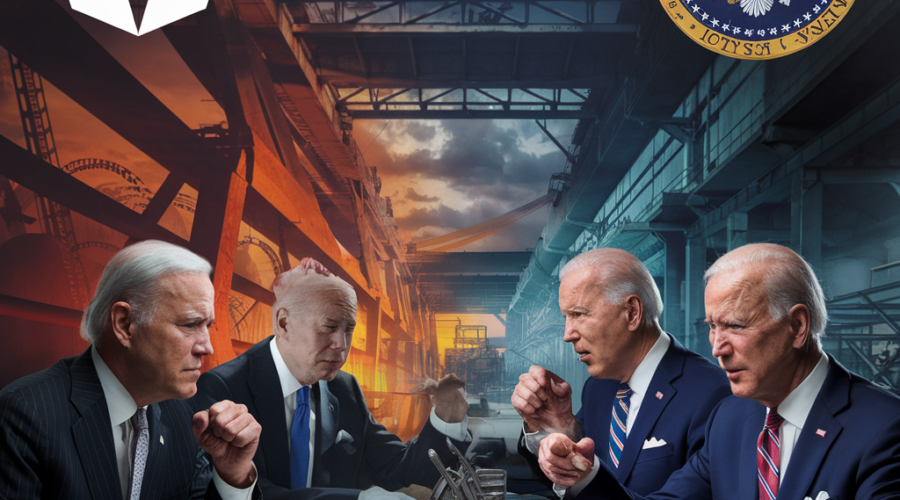- Nippon Steel’s Last Stand: In a high-stakes move, Nippon Steel’s vice-chair flew to Washington to renegotiate its $14.9 billion acquisition of US Steel amid White House opposition.
- National Security Concerns: The Biden administration is considering blocking the deal, citing potential risks to American manufacturing jobs and national security interests in the critical steel industry.
- Concessions on the Table: To salvage the merger, Nippon Steel may offer concessions like additional investments in US Steel’s unionized mills, addressing job preservation concerns.
- Regulatory Hurdles: The deal faces scrutiny from the Committee on Foreign Investment in the United States (CFIUS) and potential legislative obstacles from Congress, highlighting the complex regulatory landscape.
- Industry Impact: If approved, the merger could reshape the global steel market, enhancing competitiveness but potentially disrupting domestic competitors like ArcelorMittal and Nucor.
- Economic Implications: While job losses are a concern, the deal could stimulate economic growth by strengthening the American steel industry’s global competitiveness and attracting foreign investment.
- Historical Precedents: Past foreign acquisitions in steel, like Arcelor-Mittal, offer insights into navigating regulatory challenges through strategic concessions and addressing national security risks.
- Balancing Act: The outcome will shape the balance of economic power between the U.S. and its allies, raising questions about foreign investment in critical sectors.
- Uncertain Future: Despite Nippon Steel’s efforts, the deal’s success remains uncertain, with the White House’s openness to blocking it and ongoing CFIUS review.
- Industry Outlook: Regardless of the outcome, this deal will have far-reaching implications for the steel industry, international business relations, and the future of foreign investments in U.S. critical industries.
References
Never miss top M&A news! Follow us





